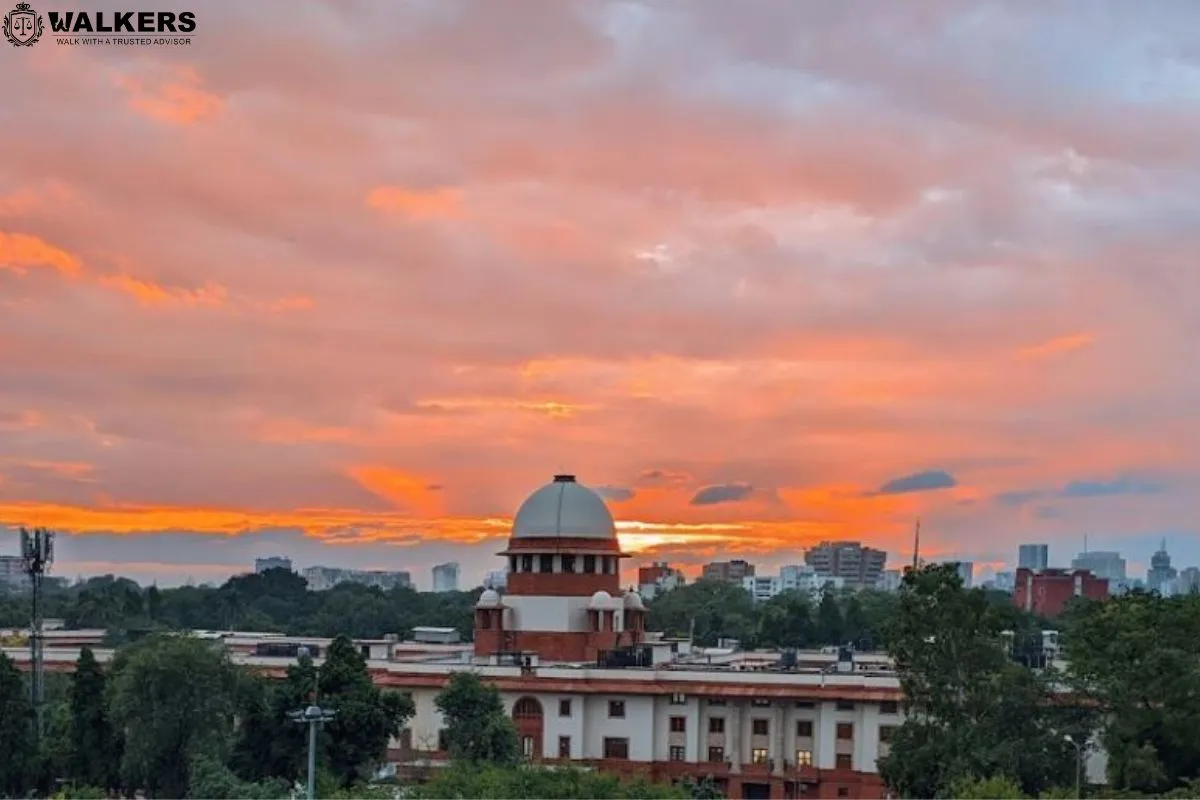


The Supreme Court of India has recently ruled in favor of a retired judicial officer in Odisha, quashing the chargesheet filed against her. The officer had been facing departmental proceedings over alleged irregularities during the selection of caretakers. Justices Bela Trivedi and Ajay Rastogi, comprising the bench, also affirmed that the officer is entitled to receive all retirement benefits.
The case began when the retired judicial officer approached the Supreme Court through a writ petition, seeking the cancellation of the departmental proceedings initiated against her based on the chargesheet. She had served as the Registrar of the Odisha Administrative Tribunal from June 28, 2012, to October 1, 2015. During her tenure, an advertisement was published for the position of "Caretaker," leading to a selection process and subsequent appointments. The selection process faced legal challenges in the Odisha Administrative Tribunal and the High Court, but both dismissed the petitions. Subsequently, the High Court initiated a fact-finding inquiry on the Administrative Side to investigate the selection process for the Caretaker post.
Two days prior to the officer's retirement, she received a letter accusing her of irregularities in the selection process. A chargesheet was then filed against her. The officer argued that as she had already retired, the chargesheet was in violation of Rule 7 of the Odisha Civil Service (Pension) Rules, 1992. This rule states that departmental inquiries against retired officers, sanctioned by the government, cannot be initiated for events occurring more than four years prior. The respondents countered that the notice had been issued before her retirement, and the chargesheet was a continuation of that notice, making Rule 7 inapplicable.
The Supreme Court, after careful consideration, determined that the chargesheet clearly contravened the provisions of Rule 7. Consequently, the chargesheet and all related departmental proceedings against the officer were quashed. Additionally, the court declared that the officer is entitled to receive all terminal and retirement benefits that may have been withheld due to the pending departmental inquiry, along with 9% annual interest from the date of withholding until the actual payment.
In a significant development, the Supreme Court has invalidated a chargesheet filed against a retired judicial officer in Odisha. The chargesheet was issued just two days before her retirement and alleged irregularities in the selection process. The petitioner contended that as a retired officer, Rule 7 of the Odisha Civil Service (Pension) Rules, 1992, protected her from departmental inquiries concerning events occurring more than four years prior to their initiation. The respondents argued that since the notice was issued before her retirement, the chargesheet was a continuation of that notice, rendering Rule 7 inapplicable.
After careful consideration, the court determined that the chargesheet clearly violated the provisions of Rule 7. As a result, the chargesheet and all subsequent departmental proceedings against the officer were dismissed. Moreover, the court affirmed that the officer is entitled to receive all terminal and retirement benefits that may have been withheld during the pendency of the departmental inquiry. The officer will also receive interest at a rate of 9% per annum from the date of withholding until the actual payment.
This ruling sets a significant precedent by safeguarding the rights and entitlements of retired judicial officers in cases involving alleged misconduct during their service.
Click Here to: Download/View Related File
TAGS: Supreme Court quashes chargesheet retired judicial officer Odisha departmental proceedings alleged irregularities selection process caretakers Rule 7 Odisha Civil Service (Pension) Rules 1992 retirement benefits breach terminal benefits interest significant ruling writ petition Registrar Odisha Administrative Tribunal fact-finding enquiry legal challenges respondents notice continuation violation precedent safeguarding rights.